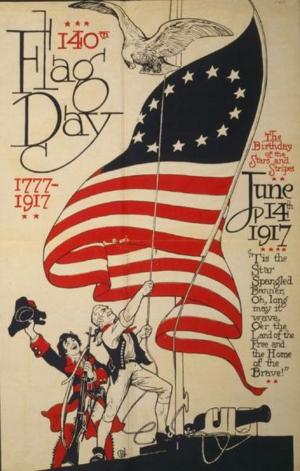The History of the Nineteenth Century in Caricature
Nonfiction, Religion & Spirituality, New Age, History, Fiction & Literature| Author: | Frederic Taber Cooper | ISBN: | 9781465544339 |
| Publisher: | Library of Alexandria | Publication: | March 8, 2015 |
| Imprint: | Language: | English |
| Author: | Frederic Taber Cooper |
| ISBN: | 9781465544339 |
| Publisher: | Library of Alexandria |
| Publication: | March 8, 2015 |
| Imprint: | |
| Language: | English |
While the impulse to satirize public men in picture is probably as old as satiric verse, if not older, the political cartoon, as an effective agent in molding public opinion, is essentially a product of modern conditions and methods. As with the campaign song, its success depends upon its timeliness, upon the ability to seize upon a critical moment, a burning question of the hour, and anticipate the outcome while public excitement is still at a white heat. But unlike satiric verse, it is dependent upon ink and paper. It cannot be transmitted orally. The doggerel verses of the Roman legions passed from camp to camp with the mysterious swiftness of an epidemic, and found their way even into the sober history of Suetonius. The topical songs and parodies of the Middle Ages migrated from town to town with the strolling minstrels, as readily as did the cycles of heroic poetry. But with caricature the case was very different. It may be that the man of the Stone Age, whom Mr. Opper has lately utilized so cleverly in a series of caricatures, was the first to draw rude and distorted likenesses of some unpopular chieftain, just as the Roman soldier of 79 A. D. scratched on the wall of his barracks in Pompeii an unflattering portrait of some martinet centurion which the ashes of Vesuvius have preserved until to-day. It is certain that the Greeks and Romans appreciated the power of ridicule latent in satiric pictures; but until the era of the printing press, the caricaturist was as one crying in a wilderness. And it is only with the modern co-operation of printing and photography that caricature has come into its full inheritance. The best and most telling cartoons are those which do not merely reflect current public opinion, but guide it. In looking back over a century of caricature, we are apt to overlook this distinction. A cartoon which cleverly illustrates some important historical event, and throws light upon the contemporary attitude of the public, is equally interesting to-day, whether it anticipated the event or was published a month afterward.
While the impulse to satirize public men in picture is probably as old as satiric verse, if not older, the political cartoon, as an effective agent in molding public opinion, is essentially a product of modern conditions and methods. As with the campaign song, its success depends upon its timeliness, upon the ability to seize upon a critical moment, a burning question of the hour, and anticipate the outcome while public excitement is still at a white heat. But unlike satiric verse, it is dependent upon ink and paper. It cannot be transmitted orally. The doggerel verses of the Roman legions passed from camp to camp with the mysterious swiftness of an epidemic, and found their way even into the sober history of Suetonius. The topical songs and parodies of the Middle Ages migrated from town to town with the strolling minstrels, as readily as did the cycles of heroic poetry. But with caricature the case was very different. It may be that the man of the Stone Age, whom Mr. Opper has lately utilized so cleverly in a series of caricatures, was the first to draw rude and distorted likenesses of some unpopular chieftain, just as the Roman soldier of 79 A. D. scratched on the wall of his barracks in Pompeii an unflattering portrait of some martinet centurion which the ashes of Vesuvius have preserved until to-day. It is certain that the Greeks and Romans appreciated the power of ridicule latent in satiric pictures; but until the era of the printing press, the caricaturist was as one crying in a wilderness. And it is only with the modern co-operation of printing and photography that caricature has come into its full inheritance. The best and most telling cartoons are those which do not merely reflect current public opinion, but guide it. In looking back over a century of caricature, we are apt to overlook this distinction. A cartoon which cleverly illustrates some important historical event, and throws light upon the contemporary attitude of the public, is equally interesting to-day, whether it anticipated the event or was published a month afterward.















